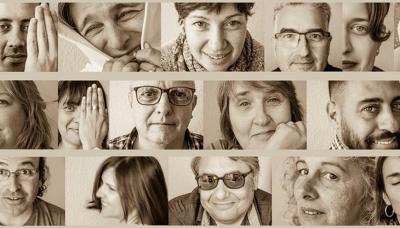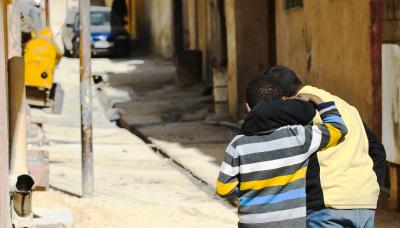The Accelerating Change for Social Inclusion (ACSI) project seeks to catalyse the transfer of proven innovations among European cities, capturing the learning on how to transfer social innovation from one place to another. The idea is identify successful projects from abroad that could be implemented locally to solve social problems instead of creating new solutions from zero.
250+ initiatives facing problems about children at risk of exclusion, youth unemployment and long-term unemployment were identified worldwide. The 60 short-listed innovations were selected based on the following main criteria: evidence of impact, replication experience and sustainability model. This collection highlights those with proven evidence: the positive impact has been attributed to the innovation through experimental or quasi-experimental control tests.
















